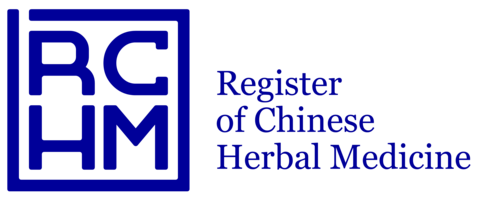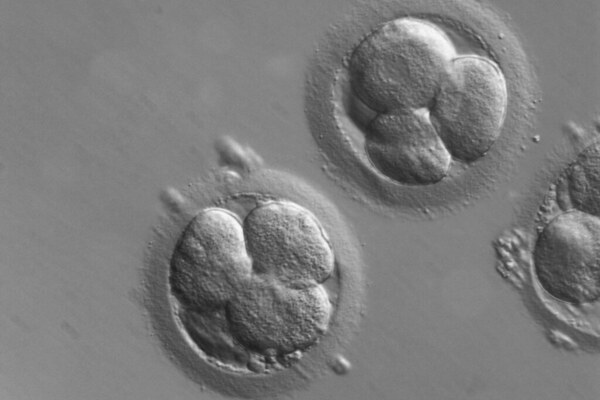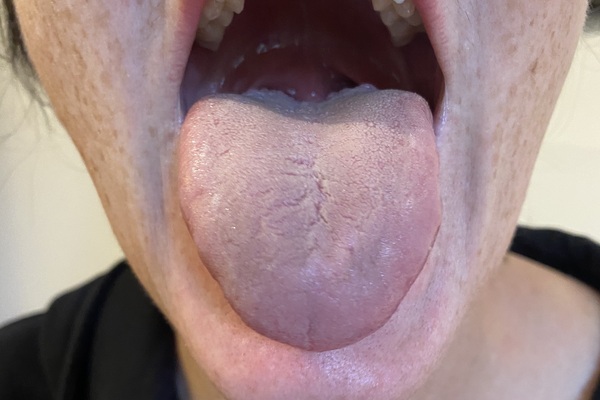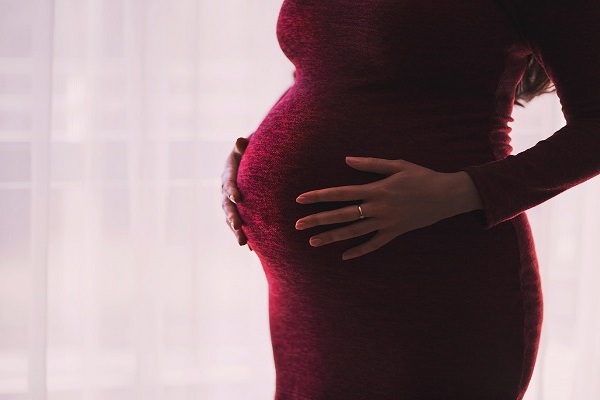We are writing this letter as the Chief Executive of the Register of Chinese Herbal Medicine (RCHM), the leading voluntary regulator of Chinese Herbal Medicine practitioners in the UK, and as the President of the European Herbal and Traditional Medicine Practitioners Association (EHTPA), an umbrella body representing herbal professional associations.
Our practitioner members support many patients on their fertility journey and, through many wonderful patient stories, have heard of the excellent care that various fertility companies offer through their ART services.
However it has also been brought to our attention that some fertility companies recommend that IVF patients should not take any Chinese Herbal Medicines in the run up to or during an IVF treatment cycle.
This recommendation is sometimes based on a report by the MHRA issued in 2013, which contained a warning about the quality of over-the-counter Chinese Medicines. This was issued following research carried out by the Swedish National Food Agency on products bought over the counter in Sweden, which showed contamination.
It is a great shame that this MHRA report about over-the-counter medicines, which are known for being of low quality, subject to contamination and with few quality control checks, is taken to advise patients against any kind of Chinese Herbal Medicine (CHM). Herbal medicines prescribed by registered CHM practitioners are of a very different standard to over-the-counter ones, being produced to recognised Good Manufacturing Practice (GMP) standards ensuring a high level of quality and safety.
In particular, the Register of Chinese Herbal Medicine runs an Approved Supplier Scheme whereby our suppliers of Herbal Medicines are regularly audited on their procedures. Any herbal granules being supplied, for example, must come with a Certificate of Analysis, where the absence of contamination is confirmed. This is a strict procedure, used to ensure safety of each herbal batch.
Furthermore, there is now a significant amount of published research which shows that CHM, when used correctly, can improve the rates of success of IVF, sometimes significantly. The benefits of CHM to an IVF cycle include, amongst others, improved oestrogen levels, improved endometrial thickness and implantation rates, an increase in AMH, and increased pregnancy rates in comparison to IVF alone.
Advising against the use of CHM during IVF is therefore removing a treatment choice from patients which has been proven to improve IVF success rates. We therefore strongly believe that current advice provided by some fertility companies may not be in the patients’ best interest. We are listing a few examples of published studies here:
CHM IVF 1 (Pan et al, 2022) A retrospective cohort study of patients with polycystic ovary syndrome (PCOS) treated with a Chinese Herbal Formula in conjunction with IVF. The study concluded that CHM may significantly increase the pregnancy rate through decreasing AMH levels in follicular fluids. The study additionally concluded that CHM is a safe intervention for PCOS patients undergoing IVF.
CHM IVF 2 (Guo et al, 2014) The study concluded that patients treated with CHM in conjunction with IVF showed improved embryo quality and fertility. The findings demonstrated the trial group had significantly increased endometrial thickness and increased implantation, thus improved conception rates in comparison to the control group.
CHM IVF 3 (Xia et al, 2017) The study backs up findings of CHM IVF 4. CHM was given prior to IVF cycles where TCM pattern differentiation of Liver Qi Stagnation, Blood Stasis, Kidney Deficiency were identified. The study demonstrated that CHM (alongside auricular acupuncture) in the 3 months prior to the IVF cycle significantly increased pregnancy rates as compared to IVF alone.
CHM IVF 4 (Xu at al, 2015) The study evaluated the outcomes of CHM treatment in females where previous IVF cycles had failed. The CHM treatment was based on TCM pattern differentiation of Liver Qi Stagnation, Blood Stasis, Kidney Deficiency. The study demonstrated that CHM in the 3 months prior to IVF cycle significantly increased pregnancy rates as compared to IVF alone.
CHM IVF 5 (Ma et al, 2021) The study examined the mechanisms and outcomes of cases of infertility in geriatric females (age over 35 years), based on a TCM pattern differentiation of Kidney Deficiency. The study showed that adjunctive treatment of IVF with a Chinese herbal formula significantly increased pregnancy rates in comparison with IVF alone.
CHM IVF 6 (Jiang et al, 2021) The study suggested that a CHM formula may improve oestrogen levels during IVF, with an increased number of oocytes and higher-quality embryos. It also improved the endometrium and increased endometrial receptivity by increasing endometrial blood blow. Additionally in patients undergoing mild ovarian stimulation, the CHM formula raised the likelihood of fresh embryo transfer in a single treatment cycle.
As can be seen from these studies, the success of CHM when used in conjunction with IVF is dependent on the accurate prescription of herbs specifically tailored to the patient’s circumstances (individualised treatment based on a Chinese Medicine diagnosis). For best results, it is important that patients should consult with a qualified practitioner who can prescribe the correct herbs for them. RCHM members for instance have postgraduate level training in CHM, which includes training in male and female infertility. Our members are aware of possible interactions with drugs, and know how to best support IVF cycles for individual patients while avoiding negative interactions.
We would also advise that it is important that patients seeking out CHM treatment should enquire with their practitioner whether the herbs are sourced from an RCHM Approved Supplier, to ensure the best possible quality of the herbs.
We appreciate that the field of CHM is complex and has many different facets. We would be very happy to advise fertility companies on how their recommendations to patients on this topic can be brought up-to-date. We all share a common goal of wanting to see patients experience successful IVF cycles leading to full-term pregnancies, and would welcome the opportunity to help explaining the best patient choices to achieve this.
Yours faithfully,
Conny Cooper, BSc MSc MRCHM, Chief Executive, RCHM
Dr. Chris Etheridge (PhD), MCPP, President, EHTPA







